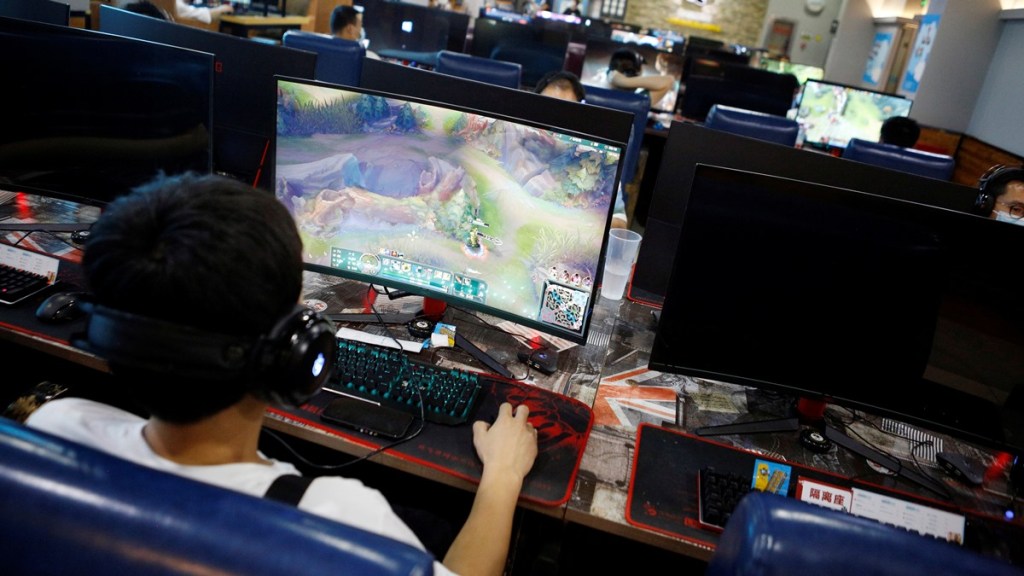By Probhir Roy Chaudhary
The online gaming industry is a highly lucrative business in India, growing rapidly in the last decade amidst continued debate regarding the classification of ‘skill-based’ games, in the absence of comprehensive law governing the sector. Gaming companies in the country and their users have multiplied significantly over the years – and so has the revenue in the sector, with reports indicating that the industry will likely grow to $ 3.9 billion by 2025.
This has not gone unnoticed by the government, as evidenced by the hike of GST on online gaming to 28% of the entire contribution made by players from the former rate of 18% on the platform fee/revenue. Several gaming companies have received tax notices and have filed petitions against this decision, of which many are currently ongoing in the supreme court. This article explores the innovative monetisation strategies adopted by gaming companies as they navigate the evolving landscape of gaming law in India.
Monetisation models implemented by gaming companies appear to be based on a simple game plan: target players (ads), offer rewards (in-app points) and nudge them to ‘improve their experience’ (real money). While there may be a distinction between players engaged in real money games and free-to-play games in terms of age and customer retention, both formats rely on advertising for marketing (such as sponsoring Indian cricket team’s jerseys) and additional revenue generation (through in-game advertisements).
Larger catalogue of games
In a competitive market, most gaming companies aim to offer as many games as possible on their platforms – both real money and casual games.
For example, fantasy cricket is a crowd favourite for Indian gamers owing to the country’s religious love for the sport. Since fantasy sports of a particular format received the supreme court’s nod in 2017, over 200 fantasy sports companies have sprouted in India with an intent to duplicate the success of the model, offering many fantasy sports such as hockey, football and kabaddi in addition to cricket. Many companies offer a wider range of popular skill-based real money and casual games on their platforms in addition to fantasy sports.
Free-to-Play Games
Free-to-play games do not require upfront payment, unlike the rake fees for real money games such as poker, rummy and fantasy sports. This allows free-to-play games to avoid regulatory scrutiny that real money games often face. Free-to-play games commonly generate revenue through in-app advertising including pop-up video ads. Since customers may find the advertising excessive and disruptive to the gameplay, they may pay for a ‘premium’ model for an ad-free experience.
Increasing skill requirement
As real money games generate greater revenue for companies, games with a higher degree of chance are modified to ensure that they require a higher degree of skill, to make them suitable to be offered as real money games. A popular example is a modified version of Ludo, which gained popularity since the lockdown and has seen criticism and litigation alleging that it is a chance-based game.
In-App Purchases; NFTs
Customers may also choose to make in-app purchases such as game tokens to enhance their experience using real money. Many gaming companies are also exploring the option of offering non-fungible tokens (NFTs) for sale to customers.
Although the gaming industry continues to thrive thanks to innovation, customer loyalty and development in consultation with gaming associations, regulatory uncertainty and nagging public concern over real money games linger as gatekeepers of its uncontrollable expansion. Regulatory amendments to the Information Technology (Intermediary Guidelines and Digital Media Ethics Code) Rules, 2021 have been introduced to promote consumer-friendly measures of offering real money games, including undertaking due diligence on the types of games being hosted by gaming intermediaries.
The Ministry of Electronics and Information Technology has also introduced the establishment of self-regulatory bodies formed by industry representatives and experts in areas of concern such as mental health and child rights. Such self-regulatory bodies may offer comfort by validating the ‘permissibility’ of games and recommending changes to mitigate risks associated with them. Until then, players of free-to-play games may play through their frustration of seeing persistent ads of celebrities promoting real money games and resisting the urge to ride the bull – while players of real money games try to master it.
The author is partner at JSA Advocates & Solicitors.
